Goodbye, Columbus
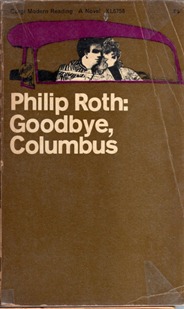 Goodbye, Columbus by Philip Roth (1959). Even if it only hinted at the depth of humorous rage Roth would later unload, this is the book that put him on the map. A novella coupled with five short stories, Goodbye, Columbus confronts issues of identity, class tensions within American Jewry, and a suffocating veil of conformity that exists amid so much American opportunity.
Goodbye, Columbus by Philip Roth (1959). Even if it only hinted at the depth of humorous rage Roth would later unload, this is the book that put him on the map. A novella coupled with five short stories, Goodbye, Columbus confronts issues of identity, class tensions within American Jewry, and a suffocating veil of conformity that exists amid so much American opportunity.
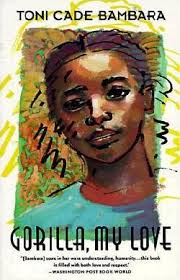

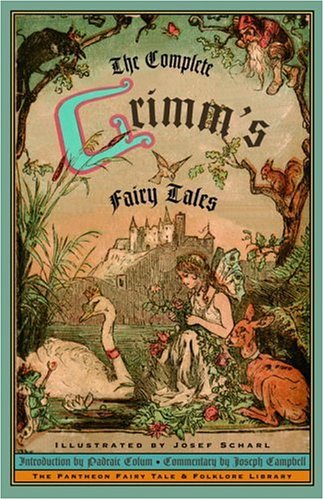
 Gulliver’s Travels
Gulliver’s Travels Hamlet
Hamlet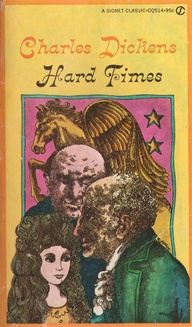 Hard Times
Hard Times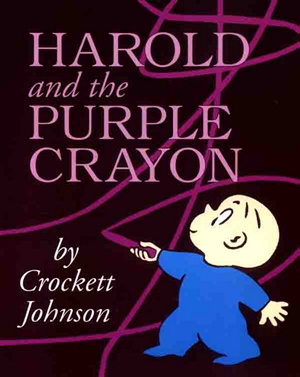
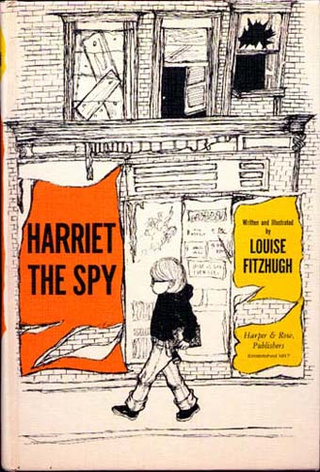
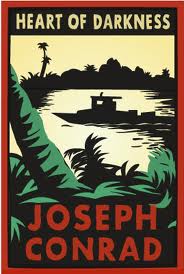 Heart of Darkness
Heart of Darkness